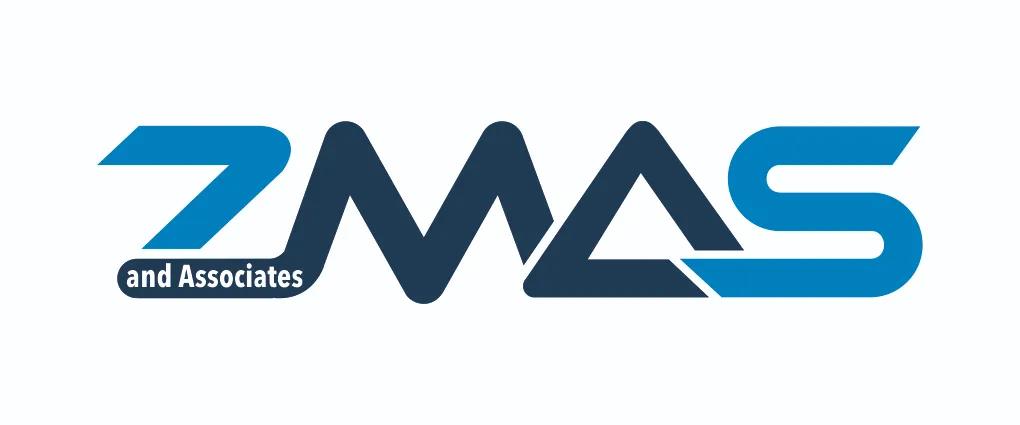Table of Contents
The value additions by internal audit
Before delving into the question of Outsource Vs Inhouse Internal Audit, let us first understand underlying benefits of Internal Audit. The success of organizations depends on how well it manage risks and implement internal controls. Successful implementation of internal controls depends on how robust the internal audit services are.
Irrespective of the size and nature of the business, internal audit is one of the core functions that helps in improving governance and ensuring the achievement of objectives.
It is imperative that the best approach, towards deciding whether to outsource vs. in-house internal audit, is adopted at the early stages of your organization’s growth. As the organization expands, internal audit supports the key building blocks by developing resilient systems and processes.
Factors affecting your decision on Outsource Vs Inhouse Internal Audit
The objective of the internal audit function is to provide assurance to the management on whether the internal financial controls are effective. Therefore, each factor that ensures achievement of the above objective needs to be considered in the decision-making towards Outsource Vs Inhouse Internal Audit.
The most common factors considered for the decision-making are:
- Independence of the auditors
- Domain expertise of the auditors (experience with similar organizations)
- Geographic spread of the organization
- Budget for the internal audit function
- Specific skill sets in line with the organization’s industry
- Nature of business of the organization
- Is remote working possible in the organization
- Technology implemented in the organization
Possible approaches towards Internal Audit (Outsource Vs Inhouse)
The arguments on outsource vs inhouse internal audit can go both ways. There are advantages and disadvantages on both sides. So to be decisive, management needs to focus on their priorities in terms of the factors mentioned above.
For example, if the independence of the auditor is of utmost importance, then outsourcing is the best option to choose. The ability of an outsourced internal audit function to independently report on issues is unchallenged. The other factors favouring outsourcing of internal audit are domain expertise, remote working possibilities, geographic spread and level of technology implementation.
While factors such as budget, specific skill sets, and nature of business favour having an in-house team to conduct internal audits. The budget factor can be overcome in case the internal audits are outsourced to internal audit or management consultants in India, where the skill levels are equal to the Western nations while the costs are much lesser.
The third approach
The co-sourcing approach brings in new lines of thought to the argument of outsourcing vs in-house internal audit. However, there are two different ways in which the internal audit co-sourcing model works.
In the first model, the planning and reporting function of internal audit are centralized and in-house while the execution is outsourced. Under this model, the expertise, skill and cost-effectiveness of an external team is the primary rationale.
In the second model, routine control evaluations and execution of other work is done by the in-house team, while the outsourced audit firms in India are responsible for establishing the systems and processes towards auditing, supervising of the in-house team and also taking care of the reporting to the management. Under this model, the independence of the auditor is not affected while keeping a balance in terms of budget and expertise.
Conclusion
As going with only outsourced or in-house internal audit may lead to gaps in the factors considered above, a co-sourcing model is the best option to optimize the output from the internal audit function. It adheres to the budget while ensuring enhanced skills and expertise and a fair level of independence. It also widens the horizon of the in-house team through new thought processes from the outsourced team.
Although, co-sourcing has it fair set of challenges such as overlapping responsibilities, inappropriate reporting structure and lack of coordination, a well-designed co-sourcing model can overcome these challenges.
At the end, whatever may be the decision, the effectiveness of the Internal Audit function must be judged based on the mitigation of risks and achievement of the objectives by the management and other stakeholders.
Build the best Internal Audit team
Irrespective of whether to outsource, co-source or have inhouse team, to get the best out of your Internal Audits, have clearly defined objectives and a charter for the Internal Audit function, adequate systems and processes, and a clear line of reporting.
(The author is a subject matter expert on internal audit with more than 16 years of experience. She is leading a Chartered Accountant firm and has served various large, medium and small-sized companies.)


Recent Comments